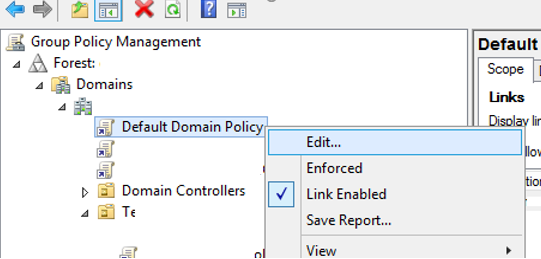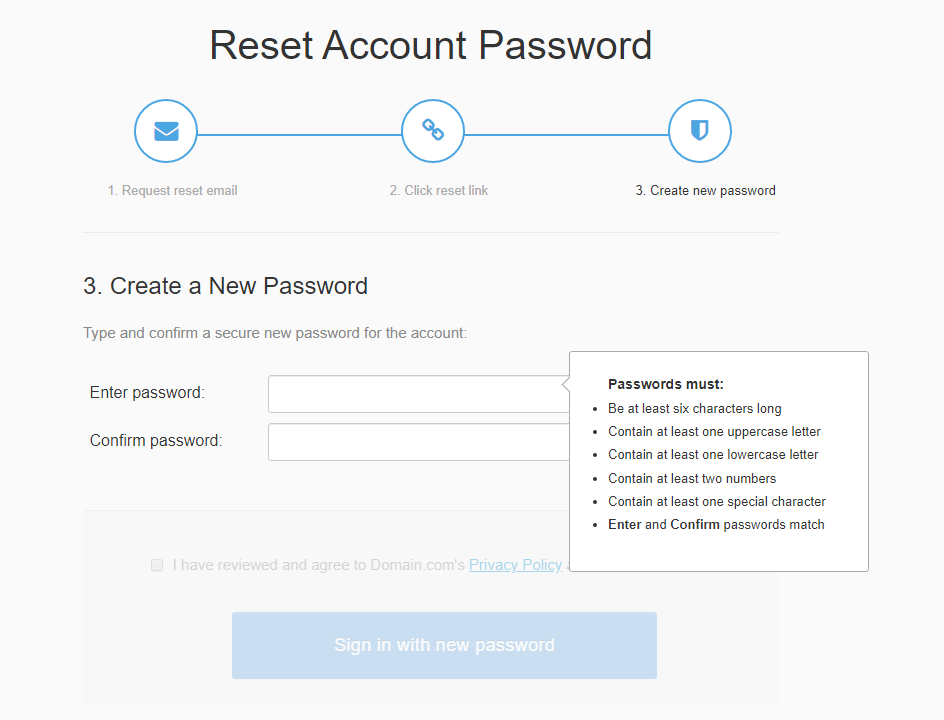

Longer password requirements (greater than about 10 characters) can result in choosing predictable words or characters in a password. Maintain an 8-character minimum length requirement (longer isn’t necessarily better). The policy consists of three primary elements as follows: The Office 365 password policy requires users to choose a password with enough complexity to be considered safe. Overview of the Office 365 Password Policy: password length, complexity, expiry duration Adding a layer of pressure by forcing them to change frequently would make them even easier to guess or hack since it translated into merely adding a one, two, or three sequential type passwords. People already tend to pick easy and predictable passwords.

Their main argument was that password expiration policies as a whole drove people (both end-users and professionals) to bad password habits rather than making organizations safer.

Their reasoning stated that by forcing users to change credentials too often, people would use simpler and simpler passwords, making them easy to predict and hack. This was heightened when the Microsoft security team went public with their decision to drop their password expiration policies. The cybersecurity field itself has been closely looking at the question lately. But it’s worth asking ourselves, considering the technological advances of these past few years, are password expiration systems still relevant? Therefore, passwords would be changed often, limiting the risks of leaks and using an obvious password.
SET UP A NEW PASSWORD POLICY UPDATE
Once every few months, Office 365 would ask users to update their passwords, as a part of the Office 365 password expiration policy. Office 365 service suite has been no exception. One of the first steps businesses would take to secure data stored in the cloud has been developing their password strategy, while password expiration policies used to be the industry’s go-to strategy. Over the past few years, network security has become a top priority for most companies.


 0 kommentar(er)
0 kommentar(er)
